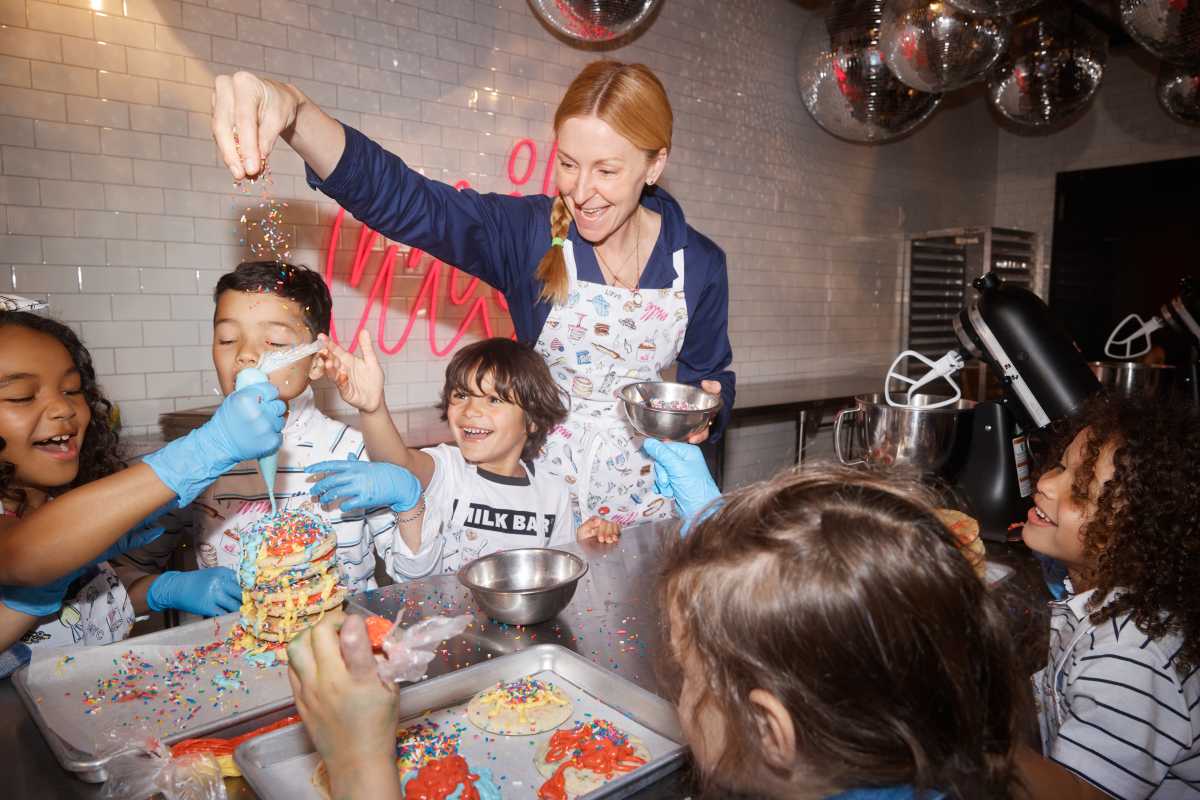 In 1991, UNICEF and the World Health Organization (WHO) launched the Baby Friendly Hospital Initiative (BFHI) in hopes of encouraging and educating hospitals and staff to promote, protect and support breastfeeding. Studies have indicated exclusive breastfeeding for the first six months of the baby’s life can dramatically reduce the chance of asthma, type 1 and 2 diabetes, obesity, childhood leukemia, and atopic dermatitis (a type of skin rash) in babies and several more illnesses. Breastfeeding has also been shown to lower the risk of SIDS (sudden infant death syndrome). The benefit of breastfeeding also extends to the mother. Recent studies show that women who breastfeed enjoy decreased risks of breast and ovarian cancer, anemia, and osteoporosis. Unfortunately, according to the Surgeon General of the United States fewer than one in six mothers are exclusively breastfeeding their babies at the end of six months.
In 1991, UNICEF and the World Health Organization (WHO) launched the Baby Friendly Hospital Initiative (BFHI) in hopes of encouraging and educating hospitals and staff to promote, protect and support breastfeeding. Studies have indicated exclusive breastfeeding for the first six months of the baby’s life can dramatically reduce the chance of asthma, type 1 and 2 diabetes, obesity, childhood leukemia, and atopic dermatitis (a type of skin rash) in babies and several more illnesses. Breastfeeding has also been shown to lower the risk of SIDS (sudden infant death syndrome). The benefit of breastfeeding also extends to the mother. Recent studies show that women who breastfeed enjoy decreased risks of breast and ovarian cancer, anemia, and osteoporosis. Unfortunately, according to the Surgeon General of the United States fewer than one in six mothers are exclusively breastfeeding their babies at the end of six months.
Since its launching BFHI has grown, with more than 152 countries around the world implementing the initiative. The initiative has measurable and proven impact, increasing the likelihood of babies being exclusively breastfed for the first six months.
For a hospital to be designated as a BFHI, it has to undergo a thorough training and evaluation, and must demonstrate that certain guidelines are being upheld and met. Currently, New York City has only two hospitals that fulfill the criteria of the Baby Friendly Hospital Initiative, Harlem Hospital Center and NYU Langone Medical Center.
Here is a breakdown of the 10 steps a hospital needs to adhere to qualify as a BFHI:
The Ten Steps To Successful Breastfeeding
1. Have a written breastfeeding policy that is routinely communicated to all health care staff.
2. Train all health care staff in skills necessary to implement this policy.
3. Inform all pregnant women about the benefits and management of breastfeeding.
4. Help mothers initiate breastfeeding within one hour of birth.
5. Show mothers how to breastfeed and how to maintain lactation, even if they are separated from their infants.
6. Give newborn infants no food or drink other than breastmilk, unless medically indicated.
7. Practice “rooming in” – allow mothers and infants to remain together 24 hours a day.
8. Encourage breastfeeding on demand.
9. Give no pacifiers or artificial nipples to breastfeeding infants.
10. Foster the establishment of breastfeeding support groups and refer mothers to them on discharge from the hospital or clinic.
Part of supporting exclusive breastfeeding includes that the mother will no longer be leaving the hospital with a “gift bag” containing baby formula. So you may imagine that baby formula companies are not too thrilled with this movement (the “backlash” of breastfeeding is for another blog).
Even if the hospital you have chosen is not an official “Baby Friendly” hospital, you can try to follow the guidelines and ask for help with breastfeeding, practice “rooming in” and feed on demand. You can also print out the The Ten Steps To Successful Breastfeeding and ask for these guidelines to be met as best as possible. If you still can’t find the breastfeeding support you need from the hospital staff, there are many very qualified lactation consultants available, as well as the La Leche League, all around the country.
Debra Flashenberg is the founder and Director of the Prenatal Yoga Center. She is a certified labor support doula, Lamaze Childbirth Educator, and certified prenatal yoga instructor. She is continuously in awe of the beauty and brilliance of birth and is the proud mother of her son, Shay and daughter, Sage. Visit prenatalyogacenter.com for more info!






















